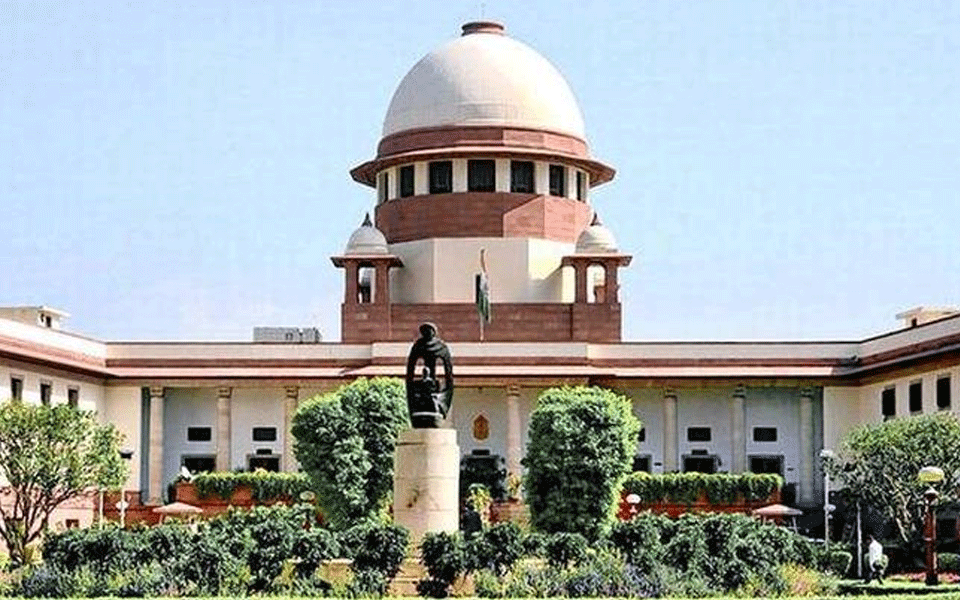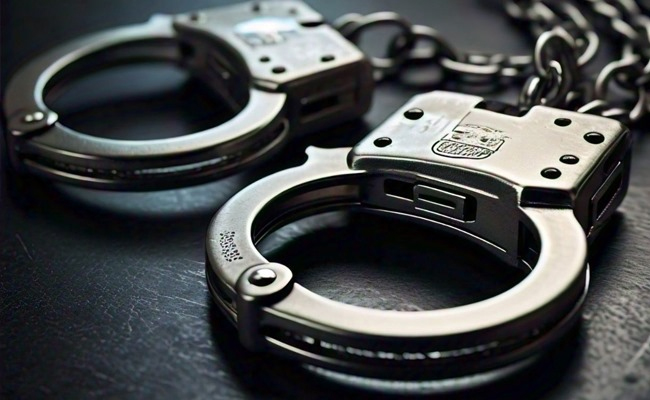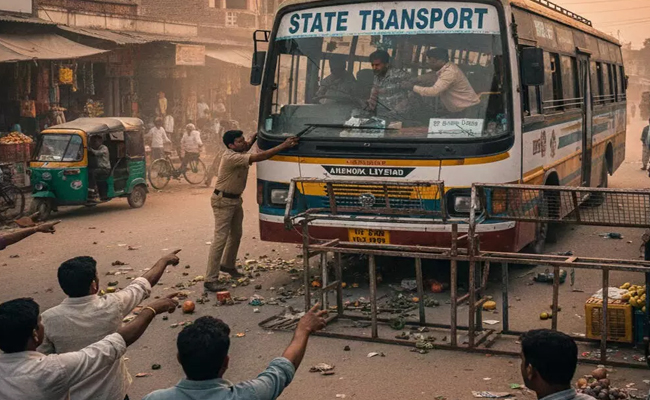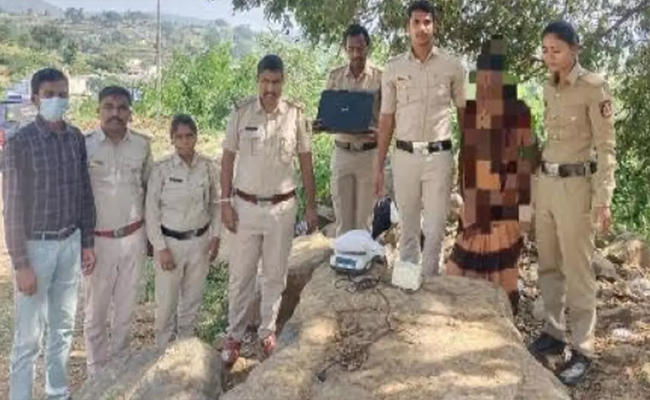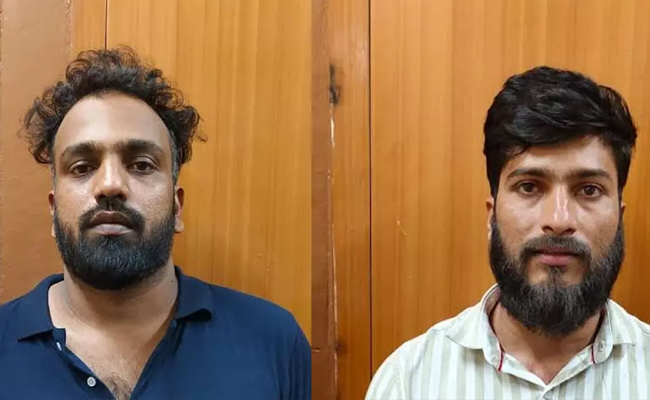New Delhi, July 28 : The Supreme Court will hear, on July 31, a plea of Bombay Lawyers Association seeking a review and recall of its judgment that held that Special CBI Court Judge B.H. Loya had met with natural death and that a PIL was misused for advancing political agenda and to scandalise the judiciary.
A bench headed by Chief Justice Dipak Misra, which had earlier rejected the plea for a SIT probe into the judge's death, will hear the plea on Tuesday.
The top court in its April 19 judgment had said: "It gives a sense of anguish that the proceedings were converted to scandalise the judiciary bordering on contempt."
The Bombay Lawyers Association was one of the petitioners who pleaded for a Special Investigation Team probe into the death, which the Supreme Court declined.
When Judge Loya died of a cardiac failure on December 1, 2014, he was conducting a trial in a case related to the alleged staged shootout killing of Sohrabuddin Sheikh in November 2005.
Now Bharatiya Janata Party President Amit Shah was one of the accused in the case but was later discharged.
The recall plea filed by senior counsel Dushyant Dave said that the "judgment and order passed by this court requires serious reconsideration and upon such reconsideration deserve to be recalled in the interest of justice and in larger public interest".
He contended that the top court committed an error by relying on the report of Commissioner, Intelligence -- a police officer -- who had conducted an enquiry and reached the conclusion that Judge Loya died of natural causes and that the case did not require an independent investigation.
"It is submitted that in this country, statements made before police officers are not admissible in the eyes of law. Therefore, the inquiry report could not have been placed on a higher pedestal than what law permits and demands," said the plea.
Holding as "erroneous" the finding that the Maharashtra government was authorised to hold an inquiry, the review plea contended that it was a "purely internal administrative inquiry" which was "secretive" and without any legal footing.
The death of Judge Loya demands an "independent inquiry" under the Commission of Enquiry Act, 1952, or ordered by the High Court or Supreme Court in exercise of its extraordinary powers.
Such an "open and transparent" inquiry, the review plea said, should be in accordance with the principles of natural justice, involving the summoning of witnesses, cross-examining them, recording evidence and permitting parties to adduce evidence.
This point was advanced before the top court in the course of the hearing of PILs that sought SIT probe into Judge Loya's death but were rejected.
That the judgment needs to be recalled, the review plea says "in as much as it proceeds on the premise that once statements of the judges are recorded by the Commissioner Intelligence, the same must be accepted and cannot be questioned by anybody".
Questioning the veracity of the statements of the judges in the Judge Loya death case, the plea maintained that "such questioning does not amount to either disrespect of the judges, much less a wanton attack on the independence of judiciary".
The inquiry report prepared by the Commissioner Intelligence, the review plea said, "when viewed in the light of freely recorded video interviews of Judge Loya's father and sisters, appears to be a sham and a clear attempt to obstruct justice".
"The father and the sisters had spoken about the pressure on late Judge Loya (and) the offers of bribe to him," said the review petition.
Let the Truth be known. If you read VB and like VB, please be a VB Supporter and Help us deliver the Truth to one and all.
Bengaluru: Vidyaranyapura police have arrested four persons, including a man posing as a Police Sub-Inspector (PSI), for allegedly breaking into a house, threatening the occupants, and extorting money while wearing police uniforms.
The arrested accused have been identified as Mallikarjuna, Pramod, Vinay, and Hrithik.
Police said the accused had hatched a plan to pose as police personnel, conduct fake raids, and extort money from residents by intimidation.
ALSO READ: Bantwal police arrest two men for illegal sale of narcotics, seize two vehicles, 810 gm ganja
According to the police, Mallikarjuna had failed the PSI examination twice and later falsely projected himself as a PSI. He allegedly conducted photo shoots in his hometown, Siraguppa, wearing a police uniform, baton, cap, and shoes, claiming to be serving as a PSI in Bengaluru.
On December 7, the four accused allegedly went to the house of Naveen in the Vidyaranyapura limits, threatened him with a stick and an iron rod, and claimed they had information that he was selling ganja. Under the pretext of searching, they allegedly extorted ₹87,000 through bank transfer, ₹53,000 in cash kept in the house, and ₹2,000 from his wallet.
Following Naveen’s complaint, Vidyaranyapura police registered a case and launched an operation, leading to the arrest of all four accused. Police have seized ₹45,000 in cash and the car used to commit the crime.
Further investigation is underway.

